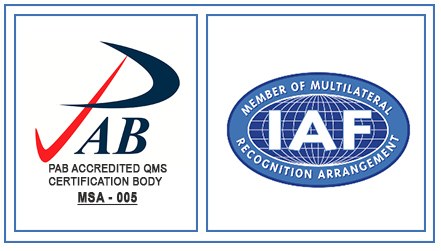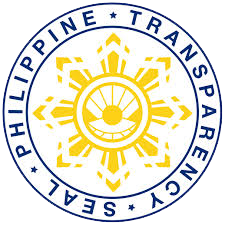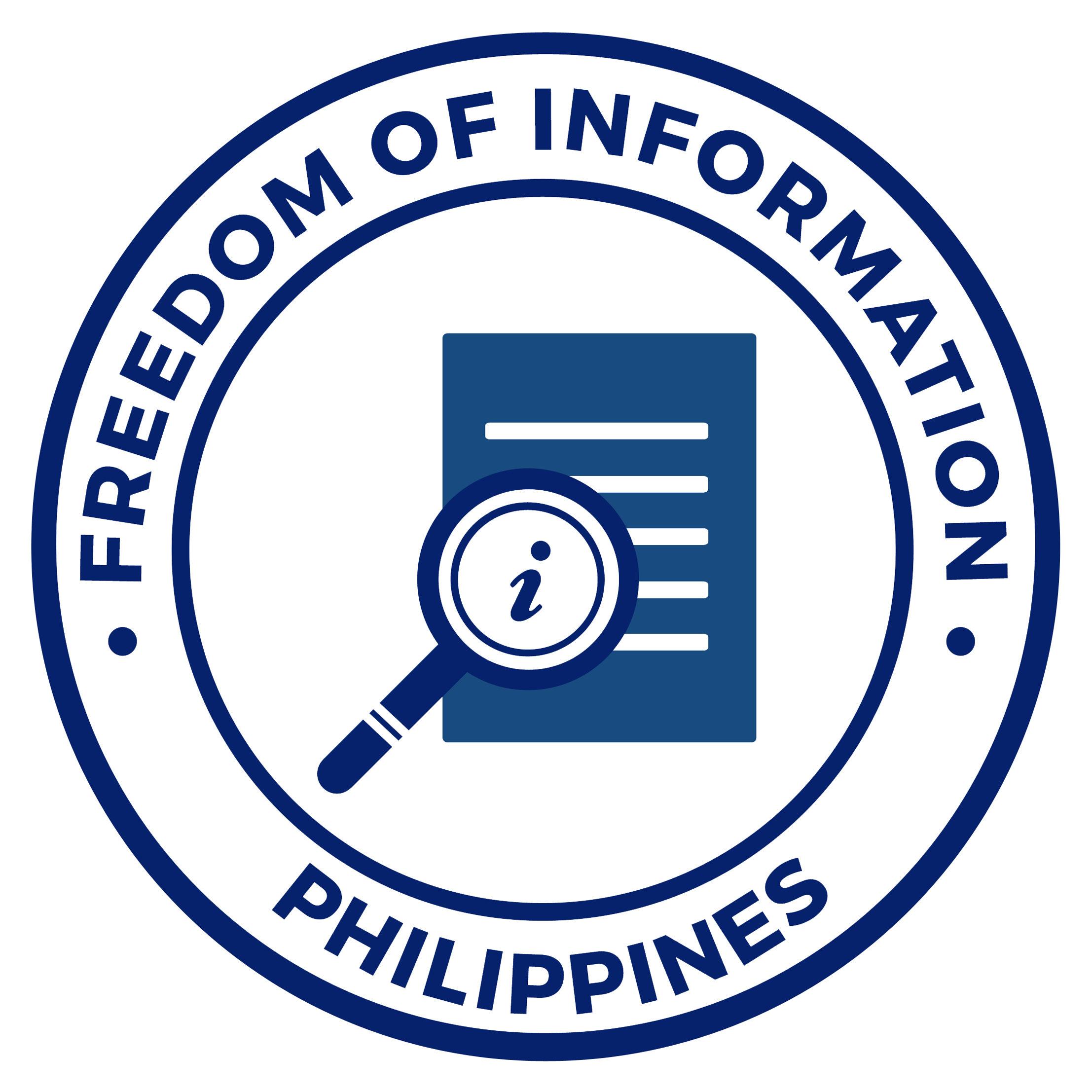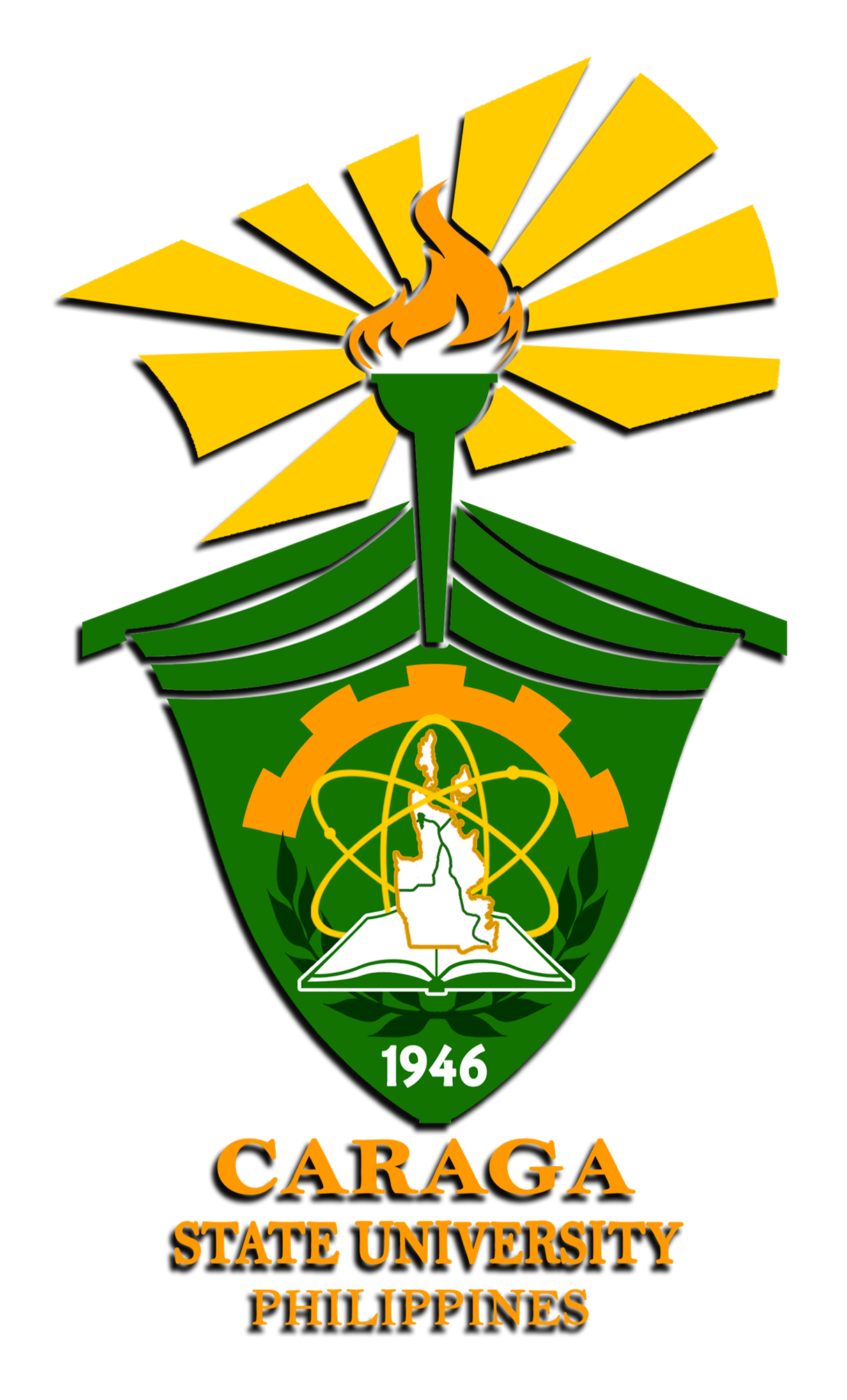News and Events
Terms of Operation Relative to Gender and Development
As used in this manual the following terms are technically and operationally defined:
- Gender and Development (GAD) - a development perspective that recognizes the unequal status and situation of women and men in society. Women and men have different development needs and interests as a result of said inequality, which is institutionalized and perpetuated by cultural, social, economic and political norms, systems and structures.
- Development - the improved well-being, or welfare, of people and the process by which this is achieved. The sustained capacity to achieve a better life.
- Manual – a book conveniently carried containing prescribed steps for a certain task or procedures to be successfully done.
- Discrimination against Women - is any distinction, exclusion or restriction made on the basis of gender which has a purpose or effect of impairing or nullifying the recognition, enjoyment or exercise by women of their rights irrespective of marital status.
- GAD Budget - a portion of an agency's or local government unit's yearly appropriation which is not an additional amount over and above its regular budget; the allocation of a substantial amount for implementing programs, projects and activities that address women's issues; the cost and sources of financing a GAD plan.
- GAD Plan - a systematically designed set of programs, activities and projects with clear objectives for addressing gender issues and appropriate strategies and activities with monitoring and evaluation indicators. A blueprint of how an agency can achieve gender responsiveness. A set of interventions designed to transform gender-blind agencies into organizations with a gender perspective an instrument to make all aspects of the agency and its work gender-responsive. It provides the basis for the GAD budget.
- Gender - is a socially and culturally constructed differentiation between men and women for all sexual orientation and gender identities, created partly through socialization and partly through positive and negative discrimination in the various institutions and structures of society.
- Differently-Abled Students - are those who experience one or a combination of physical and or mental impairment with distinct needs and potentials.
- Gender awareness - is the understanding that there are socially determined differences between men and women based on learned behavior, which affect ability to access and control resources.
- Gender roles - are the particular economic, social roles and responsibilities considered appropriate for women and men in a given society. Gender roles and characteristics do not exist in isolation, but are defined in relation to one another and through the relationship between women and men, girls and boys.
- Gender equality (refer to PCW definition) - is the absence 'of discrimination on the basis of a person's sex in authority, opportunities, allocation of resources or benefits, access to services. It is therefore, the equal valuing by society of both the similarities and differences between men and women, and the varying roles that they play.
- Gender equity (refer to PCW definition) - is the process of being fair to women and men. To ensure fairness, measures must often be available to compensate for historical and social disadvantages that prevent women and men from otherwise operating on a "level playing field.” Gender equity also means that health needs, which are specific to each gender, receive appropriate resources (eg. reproductive health needs) and also special needs relating to women's greater vulnerability to gender-based violence.
- Gender sensitivity - is the ability to perceive existing gender differences, issues and equalities, and incorporate these into strategies and actions,
- Gender Issues and Concerns - problems and concerns that arise from the unequal status of women and men including the differential characteristics, roles and expectations attributed by society to women and men.
- Gender Discrimination - any overt behavior, practice, policy or procedure in which people are given different and unfavorable treatment on the basis of their race, class, sex, and cultural status which has the purpose or effect of denying equal exercise of human rights and fundamental freedoms in all fields of human endeavor.
- Gender-fair - people are given favorable treatment regardless of race, class, sex and cultural status. Any practice, policy or procedure should have equal treatment to an individual or group.
- Gender Responsive - Laws, policies and procedures made, should be accommodating to people regardless of race, class, sex and cultural status.
- Gender Sensitization - is an experiential and critical process of learning and unlearning by an individual, female or male, of the causes and effects of the culturally and socially determined roles of women and men and root causes of inequitable gender relations.
- Gender Mainstream - in the context of GAD, an interrelated set of dominant ideas and development directions and the organizations that make decisions about resource allocation and opportunities for development.
- Gender Mainstreaming - the Philippine government's strategy for making agencies and local government units work for women's empowerment and gender equality. It is the process of analyzing existing development paradigms, practices and goals; assessing the implications for women and men of existing and planned actions in legislation, policies, programs, projects and institutional mechanisms; and transforming existing social and gender relations by consciously integrating gender concerns in development goals, structures, systems, processes, policies, programs arid projects.
- Perpetrator - a person who attempts, or performs or commits any form of abuse or violence against women and children.
- Reproductive Health - is the state of complete physical, mental and social well-being and not merely the absence at disease or infirmity, in alt matters relating to reproductive system and to its functions and processes.
- Reproductive Health Care - is the constellation of methods, techniques and services that contribute to reproductive health and well being by preventing and solving reproductive health-related problems.
- Sex - the biological difference between male and female.
- Sex and Gender - are interactive. While sex' and its associated biological functions are programmed genetically, gender roles and power relations vary across cultures and through time, and thus are amenable to change.
- Sexual harassment (refer to sexual harassment law) - is a form of abused involving an act or series of unwelcome sexual advances, request for sexual favors, or other verbal or physical behavior of a sexual nature, made directly, indirectly, or impliedly is about abusing power relations - using one's power to extract sexual favors.
- Victim-survivor - one who endures any act of gender-based violence that results in physical, sexual or psychological harm or suffering to women, including threats of such acts, coercion, or arbitrary deprivation of liberty, whether occurring in public or private life.
- Women's Empowerment - a goal of and an essential process for women's advancement. It is the process and condition by which women mobilize to understand, identify and overcome gender discrimination and achieve equality. Women become agents of development, and not just beneficiaries. This kind of participation in development enables them to make decisions based on their own views and perspectives.
- Workplace - a place where a person works.
- Woman – a person with a female part of the human body.
Admissions
Registrar
Guidance
Office of the President
Public Information and Communication Office
Course Particulars
College of Engineering and Geo-Sciences
College of Agricultural and Agri-Industries
College of Mathematics and Natural Sciences
College of Forestry and Environmental Sciences
College of Computing and Information Sciences
College of Education
Philippine Standard Time
Transparency Seal
Caraga State University
Design by ICT Center.
Design by ICT Center.






